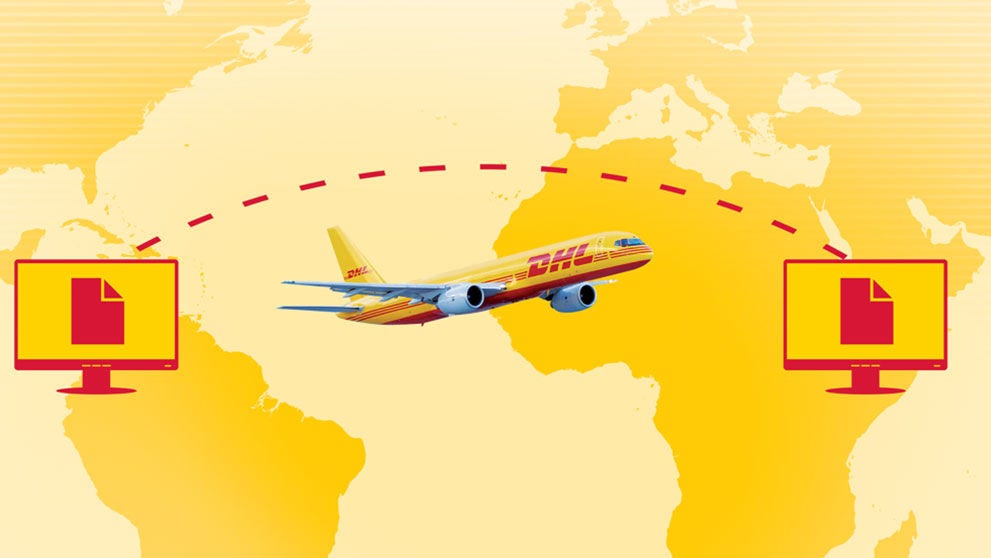
Kenyan entrepreneurs are stepping up, eyeing markets beyond our borders both across Africa and worldwide. But here’s the catch: the biggest hurdle isn’t finding buyers abroad, it’s navigating the export paperwork maze. One missing form or license can cause costly delays, fines, or even seized shipments.
If you’re leading an SME ready to go global, this guide breaks down export documentation clearly and shows how the right partner can help you breeze through the red tape.
Why Export Documentation Is a Big Deal
Every shipment from Kenya is a conversation between you, your buyer, and customs officials. Clear, spot-on documents keep that chat smooth and straightforward. They speed up border clearance, cut down on fines, and boost your overseas customers’ confidence in your business.
Think of good documentation as part of your customer experience. When shipments get stuck or delayed, your reputation takes a hit. When everything flows without a hitch, you build trust and that trust drives repeat orders.
The Must-Have Export Documents
Business & Tax Registration
This is your starting line. Your business needs to be officially registered for authorities and buyers to confirm you’re legit. Without this, you can’t apply for permits or export legally.
Get registered with the Registrar of Companies and secure your KRA PIN. Don’t forget your business permit and registration with NSSF and NHIF. Keep these documents current they’ll be key for permits and clearing customs.
Commercial Invoice & Packing List
Think of these as your shipment’s passport. They tell customs and your buyer exactly what’s inside, how much it’s worth, and how it’s packed. Mistakes here can hold up your goods or even get shipments rejected.
Your commercial invoice should include buyer and seller details, HS codes for product classification, and agreed Incoterms® that define delivery terms. The packing list must detail the number of cartons, weights, and dimensions. Pro tip: use KRA’s iCMS system to verify tariff codes and avoid costly errors.
Certificate of Origin
This paper proves where your goods were made. It’s crucial if your buyer wants to enjoy trade agreements or lower tariffs.
You’ll encounter two types: the Ordinary Certificate of Origin for non-treaty countries and the AfCFTA Certificate for preferential tariffs within Africa. These are issued by KEBS or accredited chambers of commerce. Without the right certificate, expect higher duties or shipment delays.

Export Licenses & Permits
Certain products need special approvals before they leave Kenya, ensuring you comply with regulations and avoid border hold-ups.
For example:
Coffee and tea exports require a Coffee Board Permit from the Agriculture Ministry.
Fresh produce needs a Phytosanitary Certificate from KEPHIS.
Minerals must have a Mineral Rights License from the Mining Department.
Restricted items like wildlife products will need extra clearances.
Transport Documents
These papers confirm who owns the shipment, the shipping route, and delivery terms. Customs and your buyer both need them.
Depending on your mode, you’ll use a Bill of Lading for sea freight or an Airway Bill for air freight. These documents must align with your commercial invoice in terms of weights, values, and goods description. They also serve as proof of shipment and help track your cargo in transit.
Sales Contract
A transparent sales agreement spells out what you’re selling, the price, and delivery terms. This protects both you and your buyer if any disagreements arise.
Always keep a signed copy for customs and export compliance checks. Make sure responsibilities for shipment, insurance, and payment terms are crystal clear.
Clearing Agent
A licensed clearing agent is your bridge to customs. They make sure all documents are in order and inspections go smoothly.
Pick a KRA-licensed agent familiar with your goods. They’ll handle declarations, arrange inspections, and submit paperwork on your behalf.
Watch Out for These Common Pitfalls
Guessing your HS Code: Wrong classification can cause delays or extra duties. Work with DHL or your clearing agent to get it right.
Under-declaring Value: It might seem tempting but will raise red flags at customs.
Last-minute paperwork: Get your documents ready as soon as your order is confirmed.

How DHL Express Makes Export Documentation Easy
With decades of experience supporting Kenyan businesses, DHL Express knows how to make exporting hassle-free.
Our digital tools let you create commercial invoices and packing lists online with ease. Our customs experts guide you on the exact documents your shipment needs and double-check everything for accuracy. DHL also pre-alerts customs, speeding up clearance so your goods keep moving.
We help you get your HS Codes right with handy resources, cutting out customs issues before they start.
Ready to Go Global?
Exporting isn’t just for big corporations anymore. Kenyan SMEs have the creativity, quality, and demand to thrive internationally. The only thing standing between you and new customers overseas is paperwork and with the right partner, that’s a hurdle you clear easily with DHL.
With DHL Express by your side, export documentation turns from a headache into a stepping stone for growth. Open a DHL business account today.




